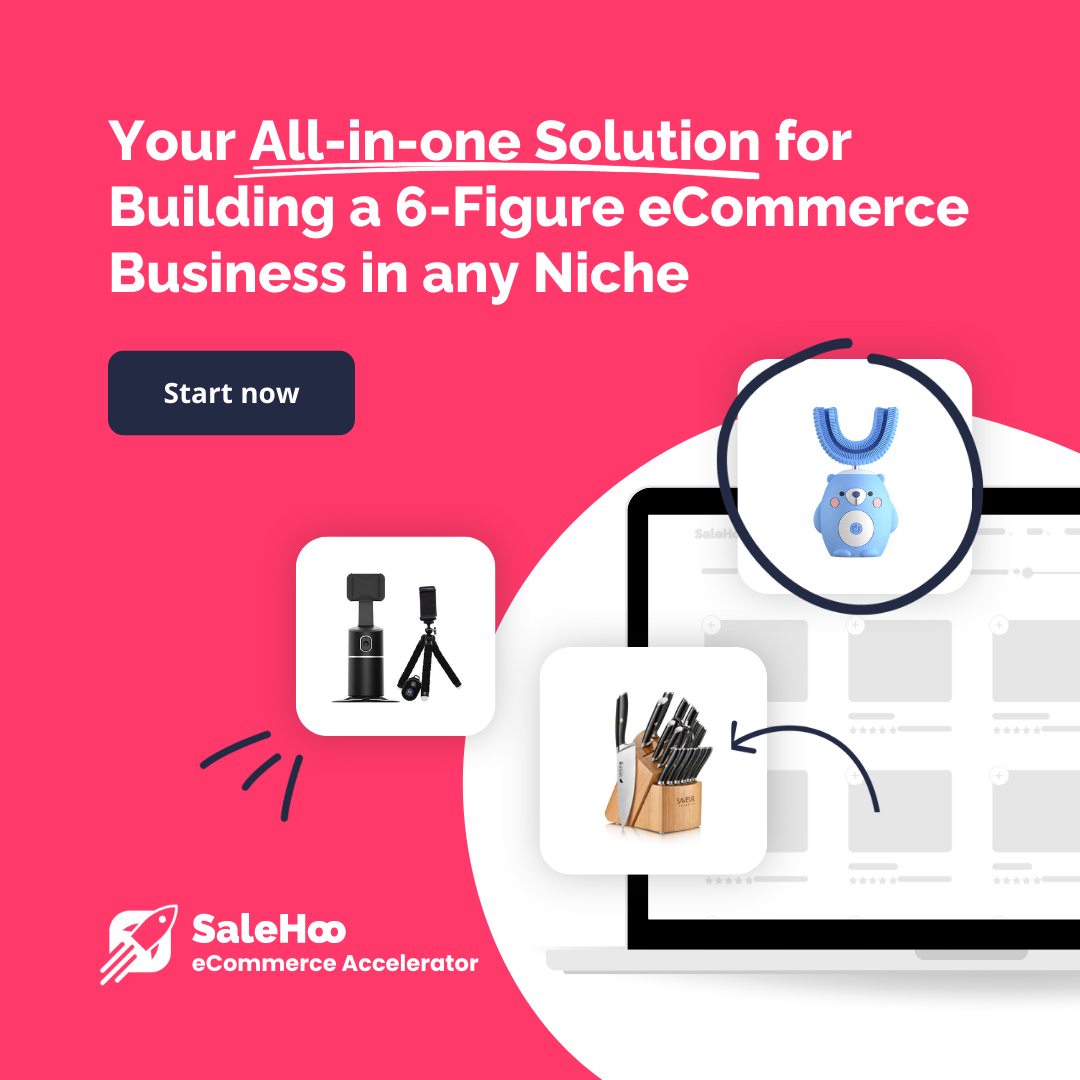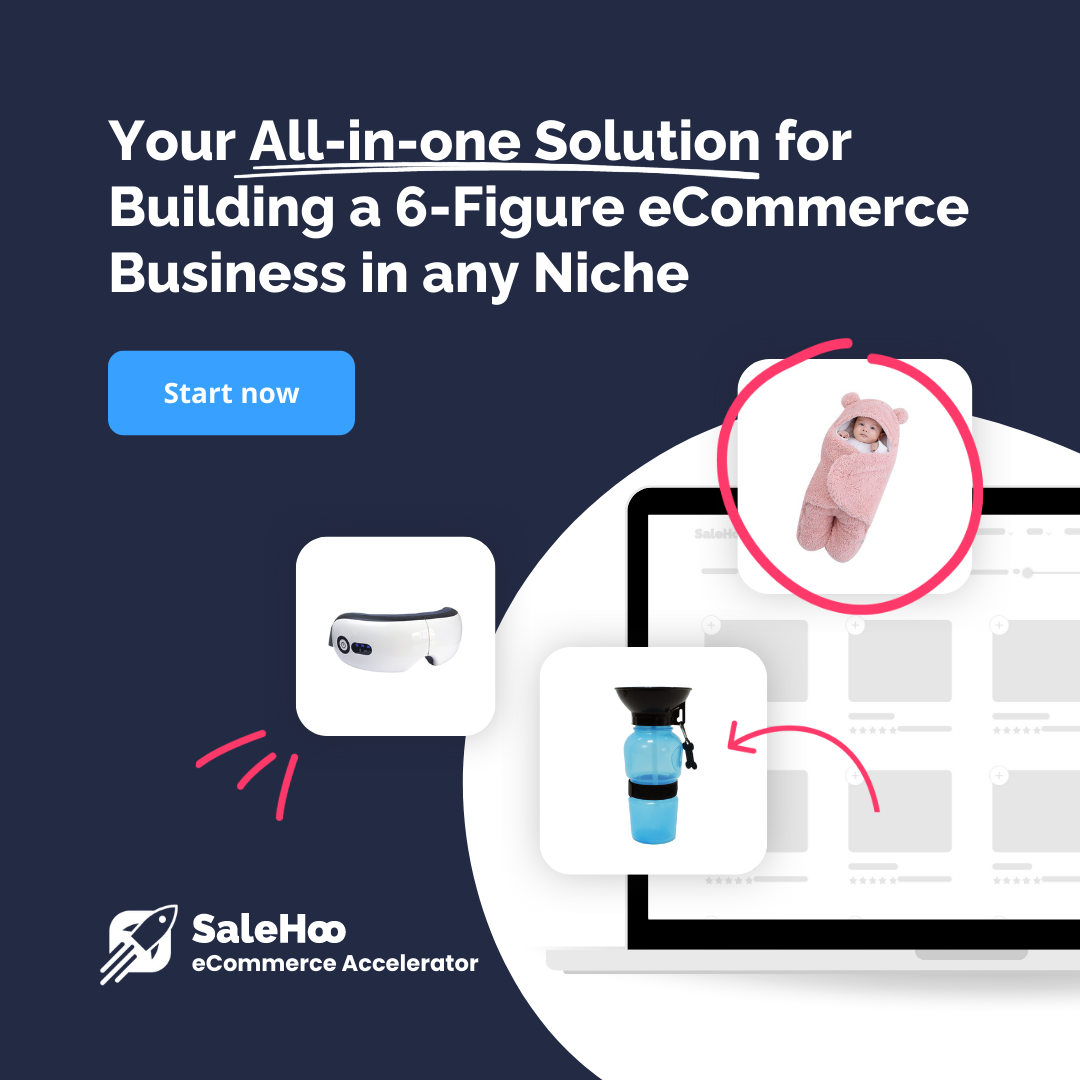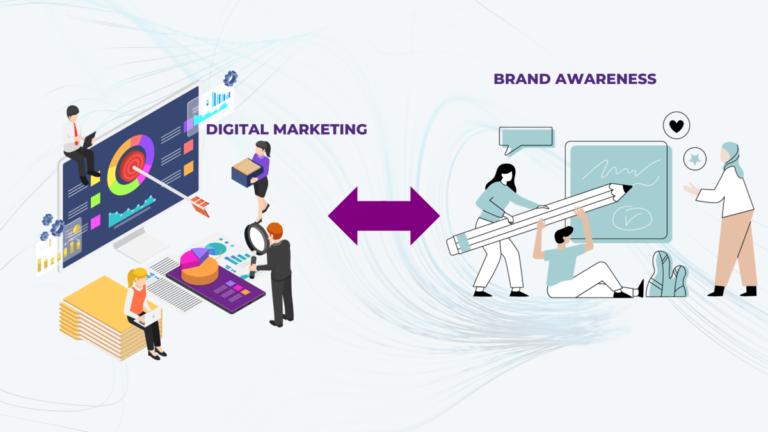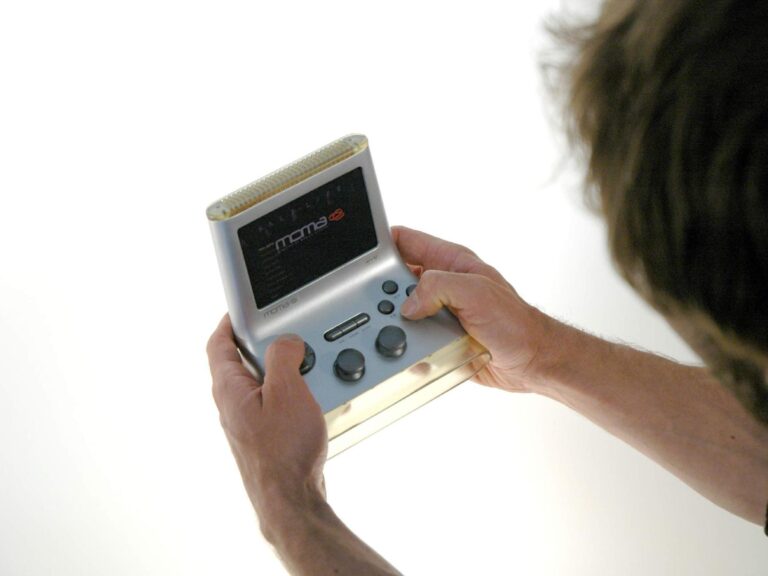In today’s digital world, e-commerce businesses live and die by their website design. A visually stunning, intuitive user experience can attract customers and encourage purchases, while a clunky, confusing interface is sure to drive potential buyers away. That’s why focusing on UI/UX design is one of the smartest investments an online retailer can make.
This post may contain affiliate links. We may receive an affiliate commission for any purchases made by you on the affiliate website using such links. For more information, please visit our Privacy Policy, Cookie Policy, and Disclaimer pages.
Starting an e-commerce business is challenging, but you don’t have to navigate it alone. Discover expert resources and guidance to build a thriving online store.
Boost Your Conversion Rates!
Want to know how to streamline your journey?

Key Takeaways:
- UI/UX design is crucial for e-commerce success in our digital age
- Implementing the latest trends, like AI personalization, can give you a competitive edge
- Optimizing for mobile and simplifying navigation boosts sales by improving user experience
- Visual elements like quality images and video keep customers engaged as they browse
- Common redesign mistakes, like overcomplicated navigation, should be avoided
- Exciting innovations like AR/VR will shape the future of e-commerce web design
In this post, we’ll explore why UI/UX design matters, ways to optimize your site for the best user experience, and tips for avoiding common pitfalls. Let’s dive in!
The Critical Importance of UI/UX Design in E-Commerce
As an online retailer, your website is your digital storefront. Just like a physical store, its aesthetics and layout play a huge role in attracting and retaining customers. But on the internet, you have mere seconds to grab a visitor’s attention – and keep them long enough to make a purchase.
That’s where user interface (UI) and user experience (UX) design come in. These elements directly impact how easy (or difficult) your e-commerce site is to navigate, and how enjoyable it is to browse and buy.
Sterile Storefronts Lead to Abandoned Carts
Imagine walking into a barren, cluttered store with no directional signs or friendly staff in sight. The shelves are jumbled messes, products are covered in dust, and there’s no intuitive flow between aisles. How long would you stick around before giving up and leaving?
Now imagine that same experience translated digitally.
A 2024 Baymard Institute study found the average online shopping cart abandonment rate is a whopping 70.19%. That means for every 10 people who add items to their cart, about 7 will bail before completing checkout.
Yikes.
While there are many reasons people may ditch their carts, a Checkout.com survey revealed that 17% of consumers cite a “complicated checkout process” as the top reason for abandoning their purchase.
Difficult navigation and confusing interfaces are cart killers.
Well-Designed Sites Make Browsing a Joy
On the flip side, intuitive sites that focus on UI/UX create enjoyable, seamless experiences that keep visitors engaged.
For example, popular clothing retailer Everlane puts simplicity at the forefront of their minimal e-commerce design:
With muted colours, plenty of negative space, and clear navigation, it’s obvious Everlane obsesses over its UI/UX. As a result, shoppers intuitively know where to click to dig deeper into categories, view product details, or head to checkout.
This refined design has earned Everlane a reputation for providing a sublime user experience. In turn, they’ve built fierce brand loyalty and continue to grow in popularity.
That’s the transformative power of good UI/UX design in action.
Are you facing roadblocks in managing your inventory or finding reliable suppliers? Don’t let these hurdles hold you back. Find out how SaleHoo’s tools can simplify your business operations and connect you to trusted suppliers worldwide. Click the link below to explore more!
Start Your E-commerce Transformation!
SaleHoo’s eCommerce Accelerator is the perfect all-in-one solution for building a consistently profitable eCommerce business.

Implementing the Hottest Web Design Trends of 2023
If the backbone of good UI/UX design is simplicity and ease of use, you may be wondering – how do you implement cutting-edge trends without sacrificing user experience?
The key is keeping functionality front and centre as you carefully test out innovations. Here are some of the hottest e-commerce web design trends rising in 2023:
AI Generates Tailored Experiences
Artificial intelligence (AI) allows retailers to provide hyper-personalized content that adapts in real-time based on individual user behaviour.
For example, e-commerce giant Amazon harnesses AI to analyze your browsing history and purchases. It then displays tailored product recommendations it predicts you’ll like.
This creates a customized shopping experience that feels like it was curated just for you.
Voice Search is Reshaping SEO
Voice-controlled devices like Amazon Alexa and Google Home are surging in popularity. In 2024, 125.2 million online searches are expected to be conducted via voice instead of text.
Accordingly, e-commerce sites must optimize for conversational search queries. This means using natural language and keyword-rich content tailored to common customer questions.
Immersive Experiences With AR/VR
Looking to take your e-commerce site to the next dimension? Augmented reality (AR) and virtual reality (VR) present exciting opportunities to create immersive digital experiences.
Cosmetics retailer L’Oreal allows shoppers to virtually “try on” makeup products using AR technology on mobile cameras. This innovative feature boosts engagement and conversions.
As AR/VR technologies improve and become more accessible, more retailers will adopt these cutting-edge tools.
Adopting the latest innovations can give your e-commerce site a competitive edge – as long as user experience remains the priority.
Optimizing for Mobile and Simplifying Navigation
With more than 60% of online shopping traffic now coming from mobile devices, optimizing for smaller screens is a must.
Similarly, clear navigation is one of the most crucial elements of UI/UX design. If customers can’t easily find products or navigate your site, you’ll miss out on sales.
Here are some tips for streamlining navigation and improving the mobile experience:
Organize Products into Intuitive Categories
Logical, descriptive categories make it simple for customers to locate items. Group similar products together under clear labelling.
For example, an online shoe store could have categories like:
- Women’s Shoes
- Boots
- Sneakers
- Heels
- Sandals
- Men’s Shoes
- Oxfords
- Sneakers
- Loafers
- Boots
Implement Responsive Design
Ensure your site is fully optimized for all devices. The text should be reformatted for easy reading on mobile, buttons and clickable elements should be sized appropriately, and layouts should adjust seamlessly.
Add Suggested Products
Once a customer views a product, display similar or related recommendations. This helps them discover products they may be interested in without aimless searching.
Enable Intuitive Search and Filters
Advanced search functionality, like filters for price range, colour, customer rating, etc. makes locating specific products simple.
Test and Refine with Real Users
Conduct usability studies and A/B testing with actual customers. Watching real people interact with your site will reveal navigation issues and room for improvement.
Prioritizing site navigation, mobile optimization, and simplifying the user journey will help customers find products faster – leading to more purchases.
Here are some examples of e-commerce sites with stellar navigation:
- Wayfair – A wide variety of clearly labelled categories and subcategories make searching a breeze.
- Bookshop.org – Logical book genres and advanced sorting options help you find exactly what you want.
- REI – Outdoor gear sorted into intuitive categories with guided navigation menus.
Visual Elements to Captivate Online Shoppers
Visually stimulating elements like high-quality photos, videos, and graphics make an e-commerce site feel exciting and dynamic. When done right, visuals can capture attention and convey key product benefits at a glance.
High-Resolution Product Photos
Crisp, zoomed-in shots allow customers to see small details like textures and stitching. Include photos from multiple angles too.
Engaging Product Videos
Short video clips can showcase products in real-life situations. Watching a shoe in action on someone’s foot provides more info than a static photo.
Zoom Capability
Let customers zoom in on product photos for a closer look. This makes it easy to inspect details and craftsmanship.
Minimalist Web Design
Negative space and minimal elements help highlight products without creating visual clutter.
For example, jewellery retailer Mejuri uses ample white space and clean, simple layouts:
This refined style mimics the elegant, luxurious nature of their products.
Scrolling Banners/Carousels
Draw attention to sales, new arrivals, or other promotions with rotating image banners. But use sparingly – too many becomes distracting.
Interactive Features
Details like zoom functionality on product images and hover effects on buttons add interactive elements to otherwise static pages.
These dynamic features can boost engagement when used appropriately.
In summary, smart incorporation of visual content creates sites that are aesthetically pleasing and informative – an instant formula for better UX.
Now let’s explore some best practices for optimizing UI/UX design and avoiding common pitfalls.
Best Practices for Optimizing Your Site’s UI/UX
Crafting your e-commerce site for the best user experience takes thoughtful planning and design. Keep these tips in mind:
Use Succinct, Scannable Content
Online readers skim and scan. Use short paragraphs, bullet points, descriptive headers, and bold key terms to communicate information quickly.
Strategically Highlight CTAs
Calls to action urge visitors to click by using contrasting colours, animations, strategic placement, etc. But don’t overdo it.
Simplify Checkout
Too many distracting links or required fields increase abandonment. Remove unnecessary hurdles for faster checkout.
Personalize the Experience
Product recommendations based on past purchases and browsing behaviour make customers feel catered to.
Test and Refine with Users
Iteratively test site changes with real customer feedback through surveys, beta tests, A/B tests, and user interviews.
Prioritize Mobile Optimization
Catering to mobile shoppers is no longer optional. Ensure responsive design and thumb-friendly navigation.
Use Subtle Animation
Subtle details like animated micro-interactions when hovering or clicking add flair while remaining professional.
Weave in Brand Personality
Let your brand’s visual identity and voice come through in the copy, colour scheme, fonts, and imagery.
You’ve read about optimizing your e-commerce site with effective UI/UX strategies—why not go further?
Unlock a wealth of resources designed to accelerate your business success.
Unlock Better Business Results!
Learn more by signing up below to access the exclusive guide!

Common UI/UX Pitfalls to Avoid in E-Commerce Redesigns
Even seasoned e-tailers make UX mistakes. As you revamp your site, sidestep these all-too-common issues:
Forgetting About Mobile Users
Don’t cater exclusively to desktops. If your site isn’t mobile-friendly in 2023, you’ll bleed customers.
Overwhelming Users with Options
Too many nav menu links, confusing taxonomy, endless filters – this cognitive overload frustrates customers.
Cluttering the Page
Bombarding users with pop-ups, ads, and excessive text drains focus from the primary content.
Inconsistent Design Elements
Shifting layouts, fonts, and colour schemes from page to page disorient customers. Maintain cohesion.
Generic Stock Photography
Skip the cheesy stock photos. Show real people actually using your products.
Ignoring Accessibility
Ensure your site is easily navigable for those requiring assistive technology like screen readers.
An excellent way to catch UX issues is usability testing. Have real users complete common tasks on your site as you observe and take notes. Their feedback will prove invaluable.
The Future of E-Commerce Web Design
Ready to have your mind blown? Here’s a taste of the innovations set to disrupt web design:
- Total Voice Control – Imagine browsing an e-commerce site and making purchases completely via voice commands.
- Augmented Reality – Shoppers can digitally overlay products into their lives or themselves onto virtual models using AR tech.
- Full Personalization – Algorithms will deliver tailored content and recommendations based on individual personalities and past behaviours.
- 3D Product Visualization – Rotate and manipulate ultra-realistic 3D renderings of products from all angles.
As technology evolves, focus on leveraging these new capabilities to enhance – not hinder – the user experience. Exciting times are ahead!
Rev Up Your Bottom Line with Stunning UI/UX
A well-designed user interface and user experience are the digital secret sauce that takes an average e-commerce site from forgettable to phenomenal.
Investing in UI/UX design provides one of the highest ROIs for online retailers. Plus, it builds brand loyalty with customers who become immersed in an intuitive, visually stunning digital environment tailored just for them.
By constantly optimizing navigation, leveraging new technology, testing with users, and streamlining mobile shopping, your website will keep customers engaged from product discovery to checkout.
Remember – if Walmart decided to throw all their inventory into one giant pile in the centre of each store rather than organizing it into logical aisles, they’d quickly go out of business. Treat your e-commerce site’s navigation and user experience with the same strategic priority.
So don’t leave profits on the table due to poor design. Join the ranks of successful retailers like Everlane and take your UI/UX to the next level. Visitors will thank you for it – with their credit cards.










For the reason that the admin of this site is working, no uncertainty very quickly it will be renowned, due to its quality contents.
Thank you so much for your kind words! 😊 It’s truly motivating to hear such positive feedback. I’m always striving to provide quality content, and it’s great to know that it’s being appreciated. With continued support from readers like you, I hope to grow and reach even more people. If there’s anything you’d like to see more of or any suggestions, feel free to share!